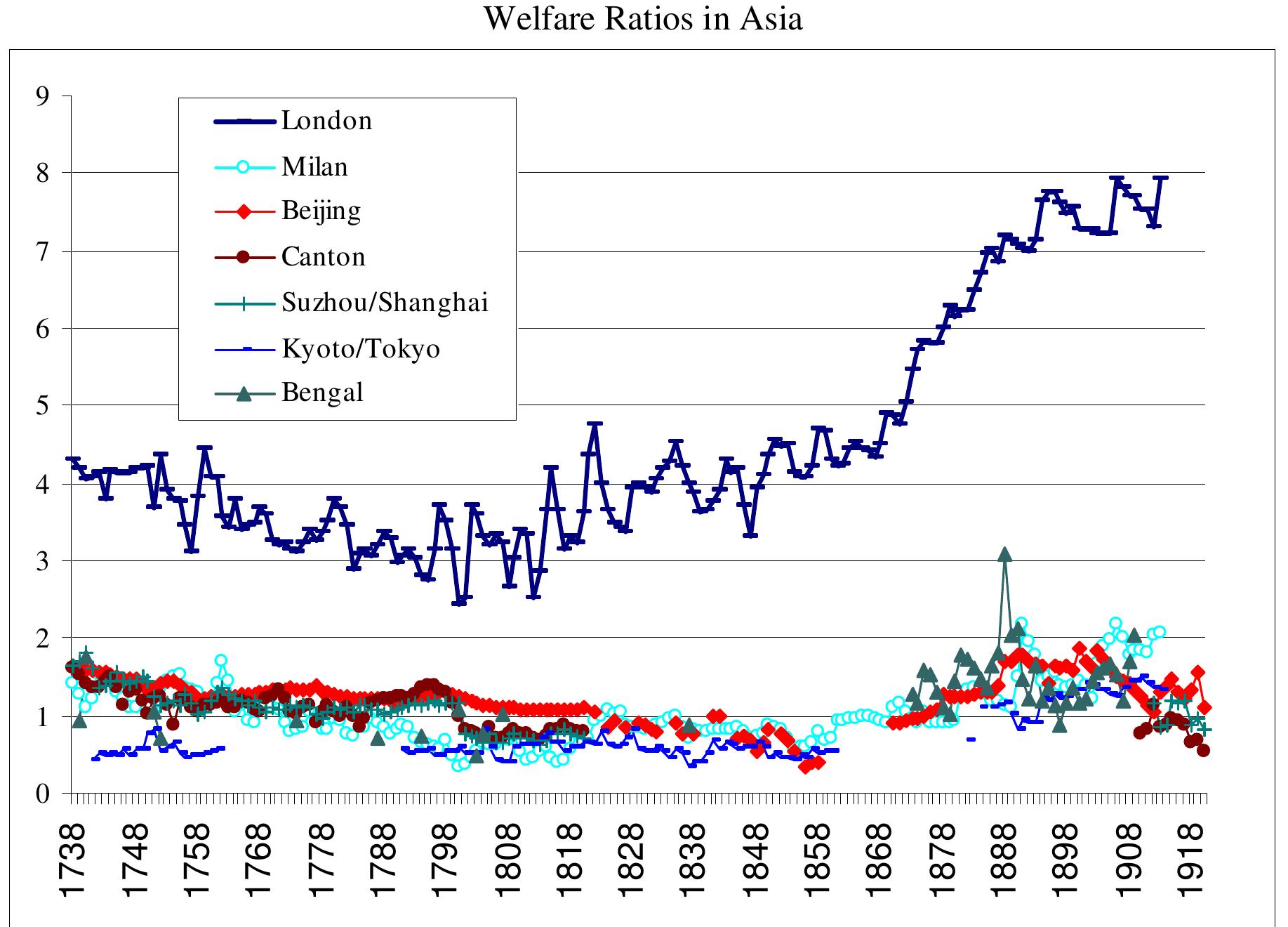North begins his book by stating that "institutions are the rules of the game in a society or, more formally, are the humanly devised constraints that shape human interaction."(3) That being said North then proposes to examine... more
This article examines five common misunderstandings about case-study research: (a) theoretical knowledge is more valuable than practical knowledge; (b) one cannot generalize from a single case, therefore, the single-case study cannot... more
‘The Hellenistic Near East,’ in: W. Scheidel, I. Morris, R. Saller eds., The Cambridge Economic History of the Greco-Roman World (Cambridge 2007) 409-433.
La Ligue des communistes, association ouvrière internationale qui, dans les circonstances d'alors, ne pouvait être évidemment que secrète, chargea les soussignés, délégués au congrès tenu à Londres en novembre 1847, de rédiger un... more
eScholarship provides open access, scholarly publishing services to the University of California and delivers a dynamic research platform to scholars worldwide.
and Klnrhlp rmong tho Bedouln of Eastern Llbyr. ROY H. BEHNKE, JR. UttJana: Unlvonlty of llllnolr Pnrr, 1980. 197 pp., mapr, flgunr, tablor, photographr, notor, blbllography, Indox. 811.95 (papor).
This article presents results from the first statistically significant study of cost escalation in transportation infrastructure projects. Based on a sample of 258 transportation infrastructure projects worth US$90 billion and... more
This essay builds on foundations laid by Edward Harris in his essay 'Workshop, Marketplace and Household' (2002). In that essay, Harris set out the evidence for some 170 occupational terms and discussed the division of labour in the... more
The results confirm evidence of one significant macroeconomic factor in the Dhaka stock market -a frontier stock market of Bangladesh. This result is comparable to that of some emerging (larger than frontier markets) stock markets.
Back cover text: If the new fin de siècle marks a recurrence of the real, Bent Flyvbjerg’s Rationality and Power epitomizes that development and sets new standards for social and political inquiry. The Danish town of Aalborg is to... more
The neo-classical approach to the question of why growth rates differ between countries, typified by the meticulous studies of Denison (1967; 1976) and Maddison (1970; 1972), concentrates on the supply side of the economy using the... more
The Seventeen Contradictions is an x-ray of tensions, trends and tendencies in capital and capitalism that empowers us to look forward. Taking the still ongoing 2008 economic crisis as a starting point, Harvey investigates how the... more
This article presents results from the first statistically significant study of traffic forecasts in transportation infrastructure projects. The sample used is the largest of its kind, covering 210 projects in 14 nations worth U.S.$59... more
Recent research highlights that countries differ with respect to their experience with capital flows and do not systematically gain from capital account liberalization. This paper is related to the empirical literature that investigates... more
After almost three centuries of investigations into the question of what it means to be human and the historical processes of becoming human, archaeologists have amassed a huge volume of data on prehistoric human interactions. One of the... more
How and why does distant political and economic history shape the functioning of current institutions? This paper argues that individual values and convictions about the scope of application of norms of good conduct provide the "missing... more
Modern economics tantalizes historians, promising them a set of simple verbal and mathematical formulas to explain and even retrospectively predict historical actions and choices. Colin P. Elliott challenges economic historians to rethink... more
wcjnqiu © uocce ACU o c onLcc o cxcccq u'o br.bp! urnA pe dnoicq iiiiponr cxbHcn bcz.wjou bI.oAqcq i9 nJJ cLcq © j pA cpcj D OLO uq Hp Koc1oW VII L!jJt2 L cucq 2p014 2CC1Ou2 o cx UOI MO'J"! Bm.cn Oj ECQUOUflC JC2c9LcJr WCffIJ ECOUOWA VUA... more
This series was created in 2003 to promote, debate, and disseminate information and analysis and convey the excitement and complexity of the most topical issues in economic and social development in Latin America and the Caribbean. It is... more
for comments and suggestions. The views expressed herein are those of the author(s) and do not necessarily reflect the views of the National Bureau of Economic Research. NBER working papers are circulated for discussion and comment... more
Wages, prices, and living standards in China, 1738–1925: in comparison with Europe, Japan, and India
The paper develops data on the history of wages and prices in China from the eighteenth century to the twentieth. These data are used to compare Beijing, Canton, Suzhou and Shanghai to leading cities in Europe, India, and Japan in terms... more












































